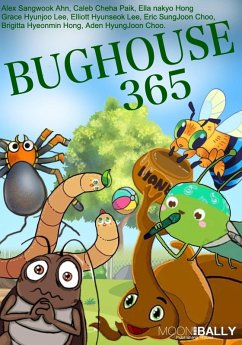One of the best ways to solve these problems is with edible insects. Edible insects are an excellent alternative source of protein. A recent study showed that insects offer between 9.96 and 35.2 grams of protein per 100g, compared to meat providing between 16.8 and 20.6 grams. Also, insects require less care and upkeep than livestock. The production of edible insects uses considerably fewer resources (less land, less food, less water, less transport fuel, and less human labor) than animal livestock while producing a much smaller carbon footprint. Plants, on the other hand, do not produce greenhouse gases, but they require land and machinery use, water use, manufacturing processing, and transportation, all of which emit carbon. We must lower our carbon footprint and make a difference in climate change by understanding how food goes from the source to our mouths.
By 2050, the Earth is expected to have nearly ten billion people, which means the demand for protein will exceed the production. Edible insects are an innovative way to solve this problem. In addition, insects serve as a part of a virtuous eco-cycle. Insects feeding on organic materials from other processes, such as spent grains from brewery operations can prevent additional waste from going into landfills. Reducing materials from going to landfills, which produce 20% of global methane emissions, can positively impact climate change.
You may not be ready to try insects as your dinner, but these recipes will surely change your mind. The recipes are not only a great way to reduce our carbon footprint, but they taste fantastic, so try them.
Dieser Download kann aus rechtlichen Gründen nur mit Rechnungsadresse in A, B, BG, CY, CZ, D, DK, EW, E, FIN, F, GR, H, IRL, I, LT, L, LR, M, NL, PL, P, R, S, SLO, SK ausgeliefert werden.









